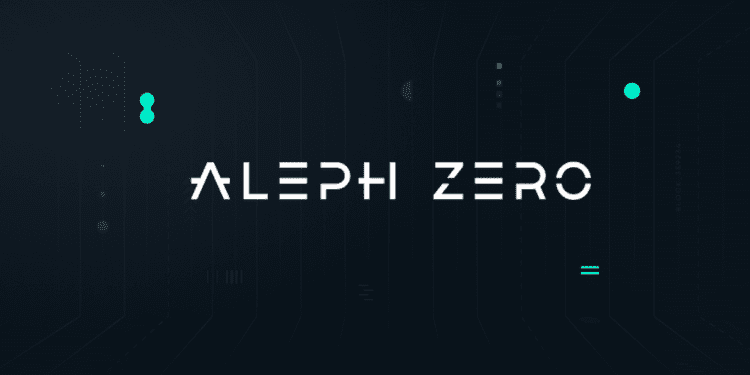Aleph Zero is a layer-1 blockchain platform that provides better solutions than other alternatives residing on existing technologies. It is a DAG protocol that utilizes the benefits of distributed ledger technologies to their full potential.
It operates with the proof-of-stake protocol to achieve consensus, allowing for running smart contracts and developing decentralized applications (dApps). In addition, the network introduces innovative privacy features to smart contracts, using ZK-Proofs with Secure Multiparty Computation.
The native token of the Aleph Zero blockchain is AZERO. Its utilities include staking, liquidity supply, and provision. It also bestows on holders voting rights regarding network policies.
Team Behind Aleph Zero Blockchain
Founded in 2018, the team behind the Aleph Zero project consists of about thirty members, with Founders Adam Gagol and Antoni Zolciak heading operations.
The world-class team includes individuals with honorary academic accomplishments, from researchers, developers, and strategists to creative. Their experiences cover the high-end spectrum of global organizations such as IBM, Cap Gemini, Admind Agency, TIBCO Software, and ING Bank.
Aleph Zero has successfully conducted four funding rounds, with the recent one raising $15M, from heavyweight Web3 industry investors such as Turing Research, JUN Capital, and Genblock Capital, among others.
The Aleph Zero Ecosystem
The Aleph Zero Ecosystem is comprised of seven elements:
AlephBFT
The L1 blockchain uses a Byzantine fault-tolerant, DAG-based consensus protocol called AlephBFT. AlephBFT is an original and peer-reviewed protocol residing on a PoS consensus mechanism.
Cloud
A decentralized storage device for data permanence and privacy.
Private Smart Contracts
Private smart contracts are designed for scalability and self-execution.
Liminal
Liminal is a native privacy framework that strongly emphasizes the advantages of ZK-SNARKs and Secure Multi-Party Computation. Aleph Zero uses it as a multi-chain privacy layer on all networks connected to the blockchain platform.
Common
A trustless, universal wallet and decentralized exchange for all types of tokens.
Substrate integration
The consensus protocol, AlephBFT, is integrated with the substrate stack to boost adoption and improve user experience.
Oracle
Oracles provide real-world information in real-time to the Aleph Zero ecosystem.
Advantages of the Aleph Zero Blockchain
The blockchain provides alternatives to infrastructure barriers in various sectors, including automotive, the Internet of Things (IoT), and healthcare.
It handles privacy issues mismanaged by business models in Web 2.0. The blockchain network redefines the idea of digital identity and ownership with a privacy framework built using ZK-SNARKs and sMPC.
While distributed ledger technologies are immune due to decentralization, they lack theoretical security, which is essential for practical long-term use. Aleph Zero provides both functional and maximum theoretical security guarantees.
It is also an eco-friendly chain due to its proof-of-stake operation. Without the need for mining activities, the blockchain contributes to carbon-neutral footprints.
Furthermore, Aleph Zero intends to be at the forefront of Web3.0 adoption. The endorsement of networks with solutions to current blockchain shortcomings will be the choice of developers interested in pursuing innovations. It will also be the foundation of the rise of peer-to-peer networks and simplify transactional activities.
Conclusion
What distinguishes the Aleph Zero network from its biggest competitors- Hedera Hashgraph and Fantom- is its BFT protocol and privacy framework built with ZK-SNARKs and sMPC.
Its stance as an innovative contract platform, providing solutions to industry challenges, will allow other projects to be built on in the future.














